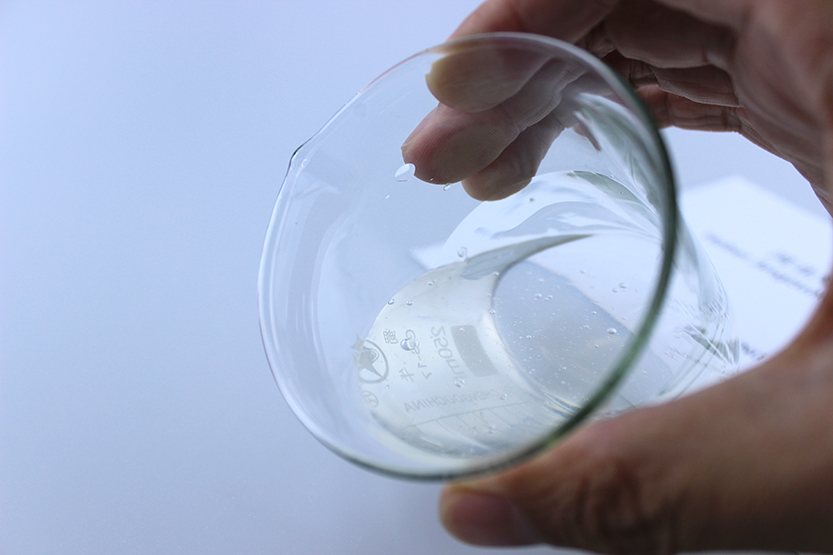
Dec . 20, 2024 01:05 Back to list
hydroxypropyl methylcellulose
Hydroxypropyl Methylcellulose A Versatile Polymer in Modern Applications
Hydroxypropyl methylcellulose (HPMC) is a non-ionic, water-soluble polymer derived from cellulose, a natural biopolymer found in the cell walls of plants. Widely utilized across different industries, HPMC has gained prominence due to its unique properties that cater to a range of applications in pharmaceuticals, food, construction, and cosmetics. This article will explore the characteristics of HPMC, its various uses, and its significance in modern technology.
Chemical Structure and Properties
HPMC is synthesized through the chemical modification of cellulose. Specifically, hydroxyl groups on the cellulose chain are replaced by hydroxypropyl and methyl groups, giving HPMC its distinctive properties. The degree of substitution of these groups can be adjusted, leading to various grades of HPMC. This variability allows manufacturers to tailor the polymer's viscosity, solubility, and gel-forming abilities to suit specific applications.
One of the most significant characteristics of HPMC is its ability to dissolve in cold water, leading to the formation of a clear solution or gel. It is stable across a wide pH range, making it suitable for various chemical environments. Additionally, HPMC exhibits excellent film-forming, emulsifying, and thickening properties. These attributes make it an invaluable ingredient in numerous products.
Applications in Pharmaceuticals
In the pharmaceutical industry, HPMC serves multiple roles, including as a binder, film former, and controlled-release agent in drug formulations. Its use in tablet manufacturing helps to enhance the mechanical strength of pills and ensures uniform distribution of active ingredients. Due to its controlled-release properties, HPMC is employed in extended-release formulations, allowing for a steadier release of medication into the bloodstream over time.
Moreover, HPMC is commonly used as a thickening agent in ophthalmic solutions and as a lubricant in various medical applications, including surgical procedures and drug delivery systems. Its biocompatibility and non-toxic nature further solidify its role as a critical component in modern pharmaceutical formulations.
hydroxypropyl methylcellulose

Culinary Uses of HPMC
Beyond pharmaceuticals, HPMC is extensively used in the food industry, where it functions as a thickening and stabilizing agent. It is particularly valued for its ability to improve texture and shelf-life in food products. Common applications include dairy products, sauces, dressings, and gluten-free baked goods. In gluten-free baking, HPMC enhances elasticity and structure, compensating for the absence of gluten and providing a desirable mouthfeel in the final product.
HPMC is also used as a fat replacer, which helps reduce calorie content without compromising the taste and texture of food. This versatility has made it a popular choice among food manufacturers looking to meet the growing demand for healthier options.
Construction and Cosmetic Applications
In construction, HPMC is an integral ingredient in dry-mix mortars and adhesives. Its water retention properties enhance workability and adhesion in cement-based products, improving their overall performance. In addition, HPMC helps to prevent shrinkage cracks during the drying process.
Cosmetics and personal care products also benefit from the properties of HPMC. It is frequently used as a thickening agent in creams, lotions, and gels, providing the desired viscosity while ensuring easy application. Furthermore, HPMC contributes to the stability of emulsions, helping to maintain the quality and efficacy of beauty products.
Conclusion
Hydroxypropyl methylcellulose is a remarkable polymer with diverse applications across multiple industries. Its unique properties make it a vital component in pharmaceuticals, food, construction, and cosmetics. As research and development continue to advance, the potential uses of HPMC are likely to expand further, solidifying its position as a key material in contemporary society. Whether improving the effectiveness of medications or enhancing the texture of food, HPMC plays a crucial role in meeting the demands of today's consumers.
-
Versatile Hpmc Uses in Different Industries
NewsJun.19,2025
-
Redispersible Powder's Role in Enhancing Durability of Construction Products
NewsJun.19,2025
-
Hydroxyethyl Cellulose Applications Driving Green Industrial Processes
NewsJun.19,2025
-
Exploring Different Redispersible Polymer Powder
NewsJun.19,2025
-
Choosing the Right Mortar Bonding Agent
NewsJun.19,2025
-
Applications and Significance of China Hpmc in Modern Industries
NewsJun.19,2025







